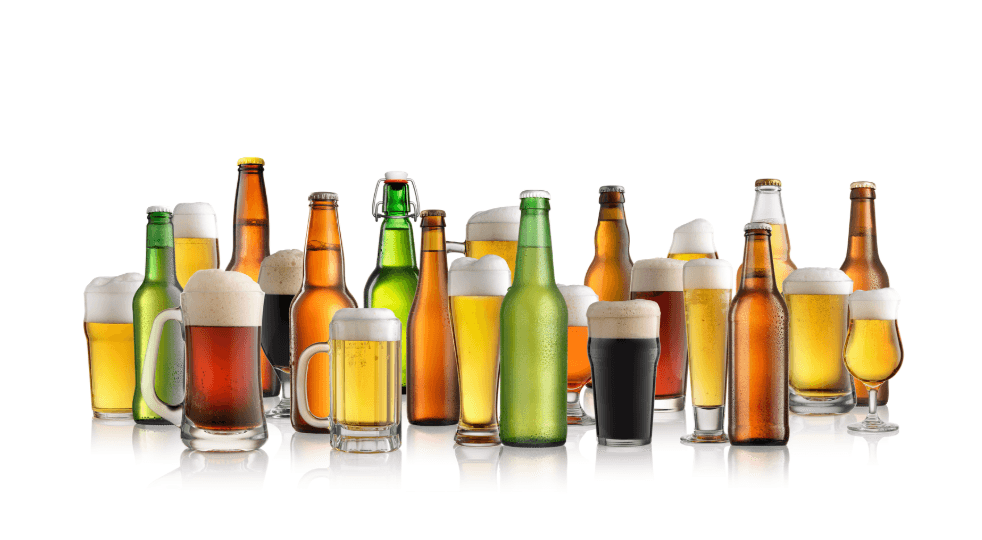Alcohol
Alcohol is extremely dangerous for both dogs and cats. Unlike humans, pets have a very limited ability to break down alcohol, so even small amounts can severely affect the central nervous system, liver, and heart.

Alcohol can also raise blood pressure in pets, potentially causing hypertension, respiratory distress, brain damage, loss of consciousness, and even heart failure. For a small dog weighing around 3 kg (6.6 lbs), drinking just one cup of wine is enough to cause severe alcohol poisoning. Even small quantities can be toxic, so it’s essential to keep alcohol away from pets at all times.
Symptoms After Alcohol Consumption
Alcohol is not easily metabolized by dogs and cats and can remain in the body for a long time. Signs of poisoning can appear within about 30 minutes of ingestion. Once absorbed through the stomach and intestines, it quickly enters the bloodstream and affects the brain and central nervous system. Watch for the following symptoms and seek veterinary care immediately:
- Staggering or unsteady movement
- Vomiting and diarrhea
- Anxiety, restlessness, or hyperactivity
- Severe tremors and irregular heartbeat
- Seizures or convulsions
- Fever and breathing difficulties
What to Do If Your Pet Consumes Alcohol
- Contact a veterinarian immediately. Describe what was consumed, how much, and when. Keep the container/label if possible.
- Do not induce vomiting unless a veterinarian instructs you to.Inducing vomiting at home can be dangerous (risk of aspiration) and should only be done under professional guidance.
- Monitor closely. Note changes in behavior, breathing, and coordination while you arrange veterinary care.
Veterinary Treatment
At the clinic, the treatment plan will depend on the severity of symptomsand the amount consumed. Common treatments include:
- Induced vomiting (when appropriate): Performed by the veterinarian to help expel alcohol from the stomach if timing and circumstances are suitable.
- Fluid therapy: IV fluids to restore hydration and support organ function.
- Oxygen therapy: Used if breathing problems or low oxygen levels are detected.
- Medication: If alcohol has significantly affected the central nervous system or caused irregular heartbeat or unconsciousness, medications may be used to support elimination and prevent further absorption.
The approach varies with each case; in some situations, additional or intensive care may be necessary.
Foods and Products That Contain Alcohol
Be aware that alcohol can be present in everyday items:
- Chocolate, bread, or raw dough that has fermented and produced alcohol
- Disinfectants or sanitizing wipes that contain alcohol
These should never come into contact with your pet’s mouth, as even small amounts can cause serious harm.
Summary
Alcohol is highly toxic to dogs and cats, even in small amounts. Pets cannot metabolize alcohol effectively, and ingestion can result in severe neurological, cardiovascular, and respiratory symptoms — and in serious cases, it can be fatal. If your pet ingests alcohol, do not wait for symptoms to appear. Contact a veterinarian immediately for professional treatment. Prevention is key: always store alcohol and alcohol-containing products out of reach of your pets.